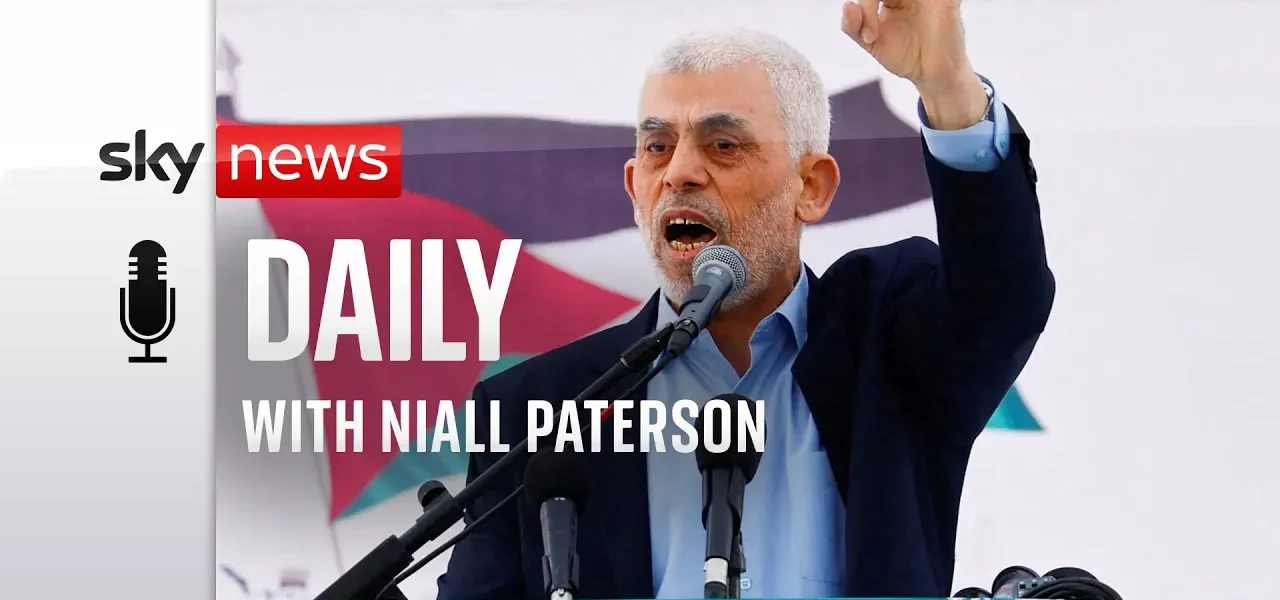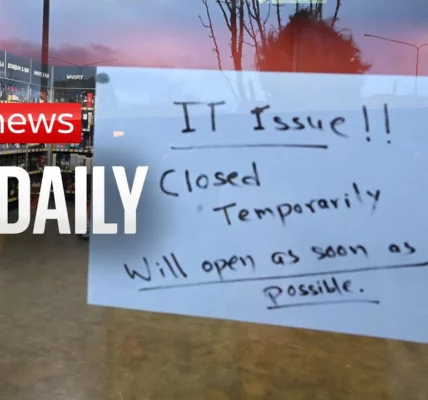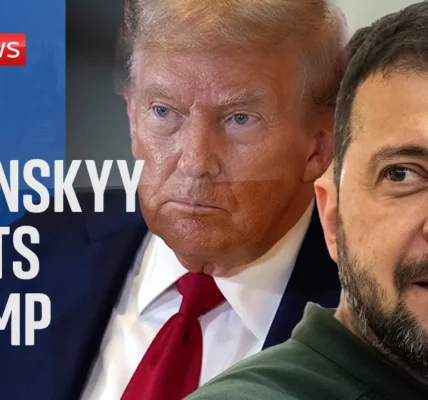The Death of Yaya Sinwar: Implications for Hamas and Israel

This article explores the recent news surrounding the death of Yaya Sinwar, the head of Hamas, and its significant implications for the ongoing conflict in the Middle East. We will delve into the historical context, the immediate reactions, and the potential future impacts on both Israel and Hamas.
Introduction
The death of Yaya Sinwar, confirmed late Thursday, marks a pivotal moment in the ongoing conflict between Israel and Hamas. As a key figure responsible for orchestrating the devastating attacks on October 7, Sinwar’s elimination poses a myriad of questions regarding the future of Hamas and the broader geopolitical landscape of the region. This article will analyze the context of his leadership, the implications of his death, and the potential shifts in strategies for both Hamas and Israel going forward.
The Context of Yaya Sinwar’s Leadership
Yaya Sinwar rose through the ranks of Hamas, becoming the organization’s leader in Gaza. His leadership was characterized by a dual approach of military aggression and political maneuvering. Sinwar was notably responsible for planning the October 7 attacks, which included horrific acts of violence and aggression against Israeli civilians. Understanding his background is crucial to grasping the significance of his death.
Background and Rise to Power
Born in a refugee camp after his family fled in 1948, Sinwar’s early life was marked by poverty and disenfranchisement. His experiences shaped his radical views, leading him to become deeply involved in militant politics. After spending 22 years in an Israeli prison, where he learned Hebrew and studied Israeli politics, he emerged as a ruthless leader willing to use extreme measures to achieve his goals.
Sinwar’s Role in Hamas
- Strategic Planning: Sinwar was instrumental in the planning of military operations against Israel.
- Manipulation of Perceptions: He cleverly deceived Israeli intelligence, leading them to believe that Hamas was pursuing political solutions while preparing for military escalation.
- Atrocity Orchestration: The October 7 attacks, which involved premeditated acts of violence, were a direct result of his leadership.
The Immediate Impact of Sinwar’s Death
The elimination of Yaya Sinwar has immediate ramifications for Hamas and the Israeli government. While some see this as a victory for Israel, it also raises questions about the stability of Hamas’s leadership and the potential for internal chaos.
Reactions from Israel
In Israel, Sinwar’s death is being hailed as a significant achievement for the Israeli Defense Forces (IDF). Prime Minister Benjamin Netanyahu has framed this event as a step towards the broader goal of dismantling Hamas. However, the question remains whether this victory will lead to lasting peace or merely escalate the conflict further.
Potential Leadership Vacuum in Hamas
With Sinwar’s death, a leadership vacuum may emerge within Hamas. While several figures could potentially step into his role, the loss of a central authority figure may lead to fragmentation and infighting within the organization. This could weaken Hamas in the short term but may also lead to the rise of more pragmatic leaders.
Implications for Regional Stability
The broader implications of Sinwar’s death extend beyond Hamas. It may influence the dynamics of power within the region, particularly concerning relationships with Iran and other militant groups.
The Future of the Conflict
As the dust settles from Sinwar’s death, the future of the Israel-Hamas conflict remains uncertain. While some analysts suggest that this could be a turning point, others fear that it may lead to increased violence and instability.
Potential Escalation of Violence
Historically, the elimination of key figures within militant organizations has often led to retaliatory actions and further violence. There are concerns that Hamas may respond aggressively to maintain its power and credibility among its supporters.
The Role of External Actors
External actors, notably Iran and the United States, will also play a significant role in shaping the aftermath of Sinwar’s death. The U.S. has emphasized the need for a political solution to the ongoing conflict, urging Israel to capitalize on this moment rather than continuing solely with military actions.
Conclusion
The death of Yaya Sinwar is indeed a moment of significance, marking a potential shift in the dynamics of the Israel-Hamas conflict. While it may offer a temporary victory for Israel, the long-term implications are complex and fraught with uncertainty. As both sides navigate this new reality, the cycle of violence may continue unless a political solution emerges. It is crucial for international stakeholders to engage in meaningful dialogue and seek avenues for peace to prevent further bloodshed in the region.
For more insights and updates on the evolving situation, stay tuned for our upcoming articles and analyses.
“`




